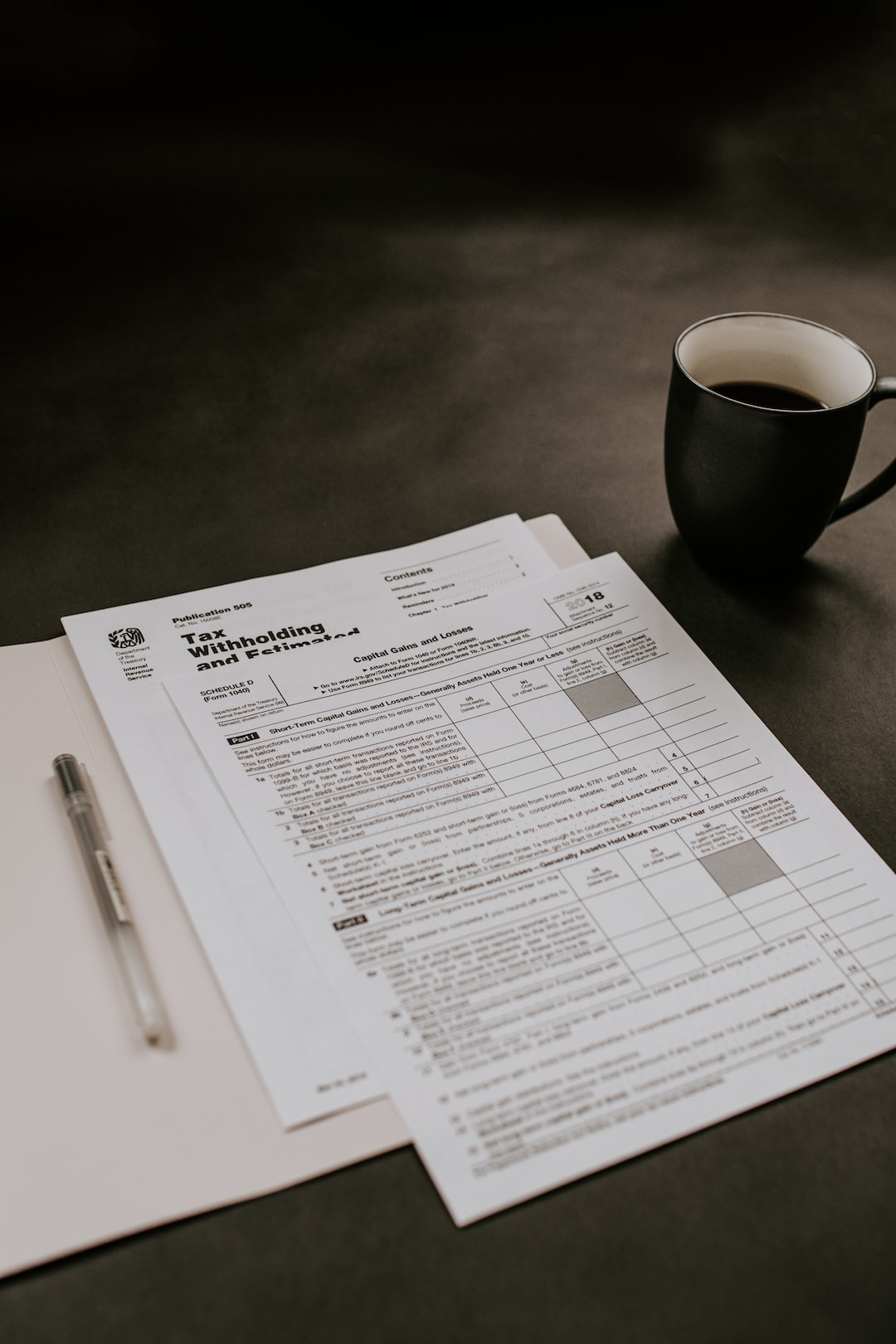The European Central Bank (ECB) is responsible for managing the monetary policy of the Eurozone, which includes setting interest rates for banks. When the ECB holds bank rates for its forex, it means that they are keeping the interest rates at the same level for banks that participate in forex trading.
Forex trading is the buying and selling of currencies on the international market, and it is a crucial part of the global economy. The ECB’s interest rates have a significant impact on forex trading, as they affect the value of the euro and the other currencies traded against it.
When the ECB holds bank rates for its forex, it can have several implications for the economy and forex traders. Here are some of the ways in which it can affect the market:
1. Interest rates affect inflation
One of the primary goals of central banks like the ECB is to maintain price stability, which means keeping inflation under control. Interest rates are a tool that central banks use to achieve this goal. When interest rates are low, it makes borrowing cheaper, which can lead to increased spending and inflation. On the other hand, when interest rates are high, it makes borrowing more expensive, which can slow down spending and reduce inflation.
When the ECB holds bank rates for its forex, it means that they are keeping interest rates at the same level, which can help maintain price stability. This can be beneficial for forex traders, as it reduces the risk of sudden changes in inflation that could affect currency values.
2. Interest rates affect exchange rates
The exchange rate is the value of one currency relative to another. Interest rates can affect exchange rates in several ways. When interest rates are high, it can attract foreign investors looking for high returns. This can increase demand for the currency, leading to an appreciation in its value. On the other hand, when interest rates are low, it can reduce demand for the currency, leading to a depreciation in its value.
When the ECB holds bank rates for its forex, it can help stabilize exchange rates by keeping interest rates consistent. This can be beneficial for businesses that rely on stable exchange rates to plan their operations and manage their risk.
3. Interest rates affect borrowing costs
Interest rates also affect borrowing costs for businesses and consumers. When interest rates are low, it makes borrowing cheaper, which can encourage spending and investment. On the other hand, when interest rates are high, it makes borrowing more expensive, which can discourage spending and investment.
When the ECB holds bank rates for its forex, it can help keep borrowing costs consistent, which can be beneficial for businesses and consumers who rely on stable borrowing costs to plan their operations and manage their finances.
Overall, when the ECB holds bank rates for its forex, it can help stabilize the economy and reduce risk for forex traders. However, it is important to note that the ECB’s interest rate decisions are influenced by a range of factors, including inflation, economic growth, and global economic conditions. Forex traders should stay informed about these factors to make the best decisions for their investments.





